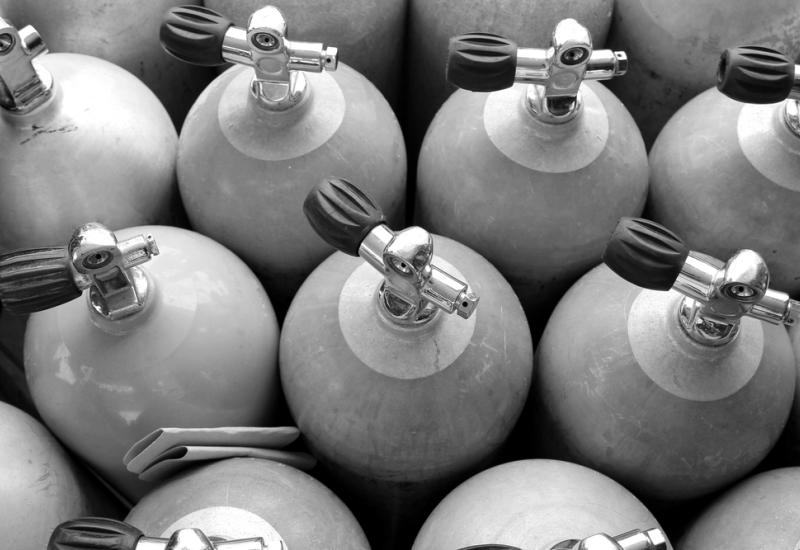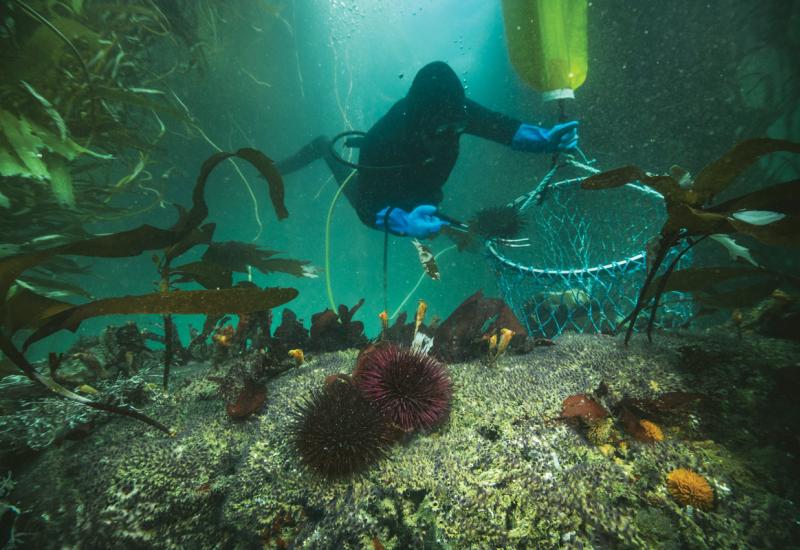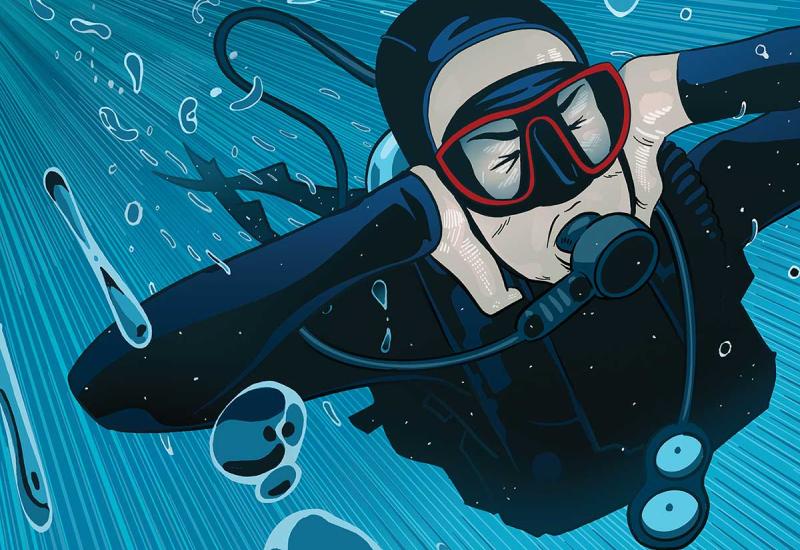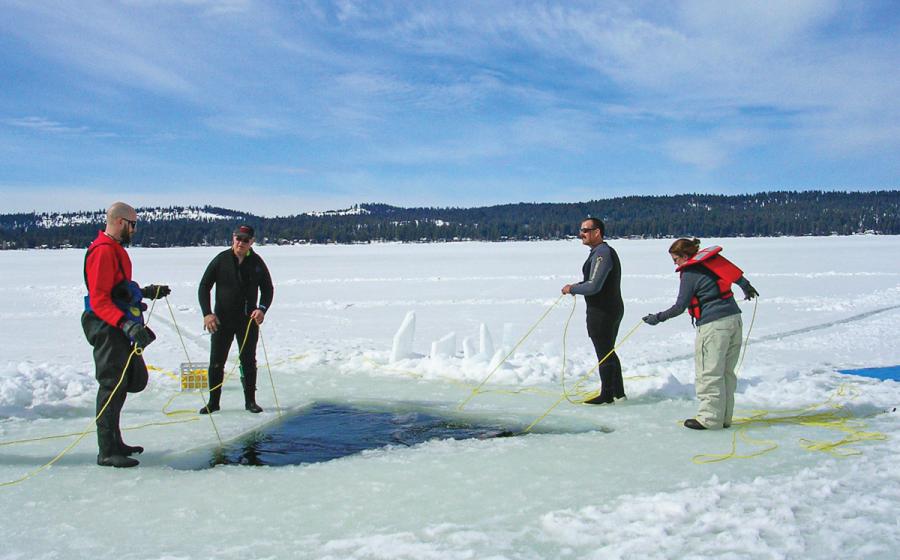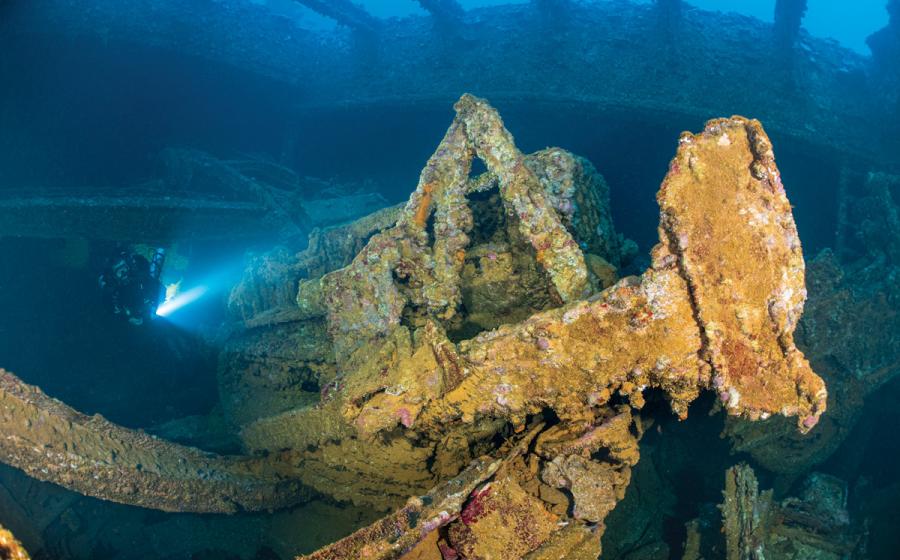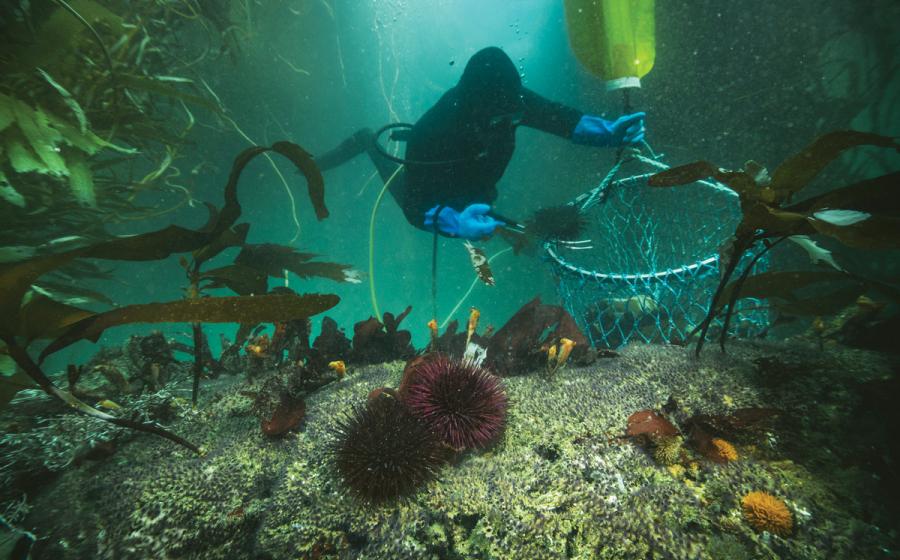Beginner's Misfortune | Lessons for Life
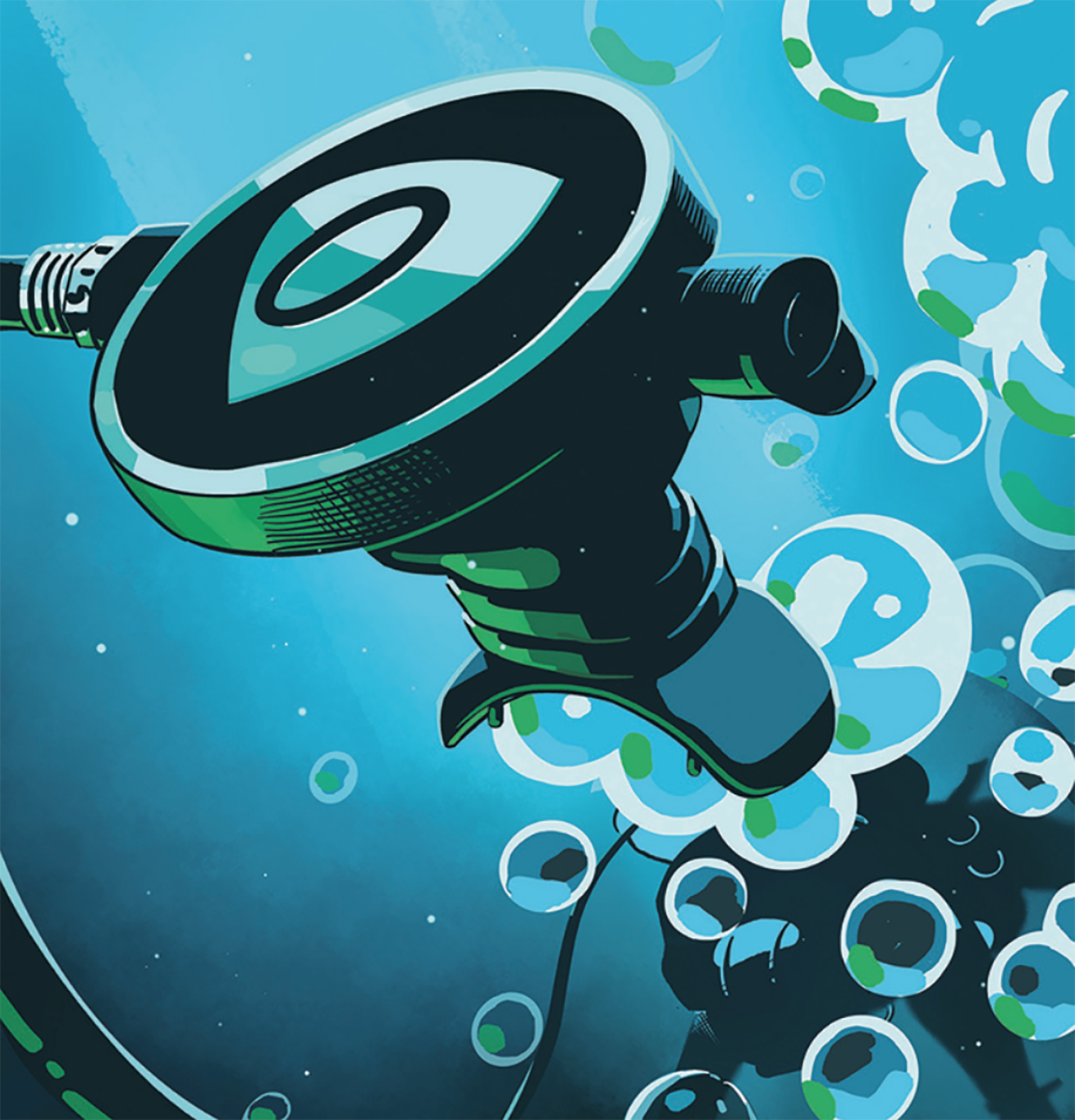
Steven P. HughesIllustration: Free-Flowing Regulator
Stan was an uncertified diver, but his buddies convinced him to try scuba anyway. Underwater, he didn’t understand how to get a breath from his regulator—he struggled with his gear for a minute and then looked around for help. Only then did he realize he was alone.
The Diver
Stan was 23 years old, in good health and comfortable in the water, but he had no dive training. It was his first time ever using scuba equipment.
The Dive
Stan met his two buddies at the site, and they gave him some extra gear and a quick tutorial on how it all worked. They overweighted him so he wouldn’t have any trouble getting down. They entered the water and swam on the surface for about 15 yards past the surf zone, where they began their descent. Dive conditions were good that day, but visibility was low due to recent rains.
The Accident
As soon as Stan put his head underwater his reg began free-flowing, and he panicked. His buddies had submerged before him. When they turned around to look for him, Stan was gone. Rescuers pulled Stan’s body from the bottom—about 50 yards away from where they began their descent—in 13 feet of seawater. The death was determined to be due to drowning, with panic as a contributing factor.
Analysis
The most important issue here is an uncertified diver entering the water unsupervised by an instructor. This is not the first time a certified diver has convinced a buddy to try diving using their spare gear. While many of those experiences turn out OK, some do not. Dive instructors are trained to keep new divers safe. Stan’s buddies were not. Unless you are a certified dive instructor, you should never attempt to teach a buddy how to dive. Additionally, the gear Stan’s buddies loaned him wasn’t their primary equipment, and may not have been maintained properly. Normally, the chances of a piece of dive gear failing are low. But if it hasn’t been cared for and serviced by someone who knows what they are doing, those chances of failure increase.
An investigation of the incident found that the regulator was malfunctioning, causing it to free-flow. Without training, Stan didn’t know how to react to this emergency. Lastly, Stan’s buddies had overweighted him. The extra weight caused Stan to struggle on the surface and then made it difficult for him to resurface. Since he hadn’t practiced with the equipment, Stan didn’t know how to inflate his BCD to make himself buoyant.
The best way to overcome panic, or keep it at bay entirely, is to practice skills so they become second nature. Stan never learned those skills. By not wanting to disappoint his buddies, he lost his life, and the lives of his buddies were negatively impacted as well.
Lessons For Life
- Never attempt to teach an uncertified buddy to dive. Only trained and certified dive instructors should be in the water with an uncertified diver.
- Properly maintain your dive gear. Dive equipment manufacturers offer training and certification in servicing various types of gear. Go to someone who is authorized by the manufacturer to get your gear serviced the correct way.
- Do a weight check when using new gear or in a new environment. Even certified divers can forget to adjust the amount of weight they are wearing when making a gear change. At the very least, diving with the wrong amount of weight can make the dive more difficult and cause you to use your air supply faster.

